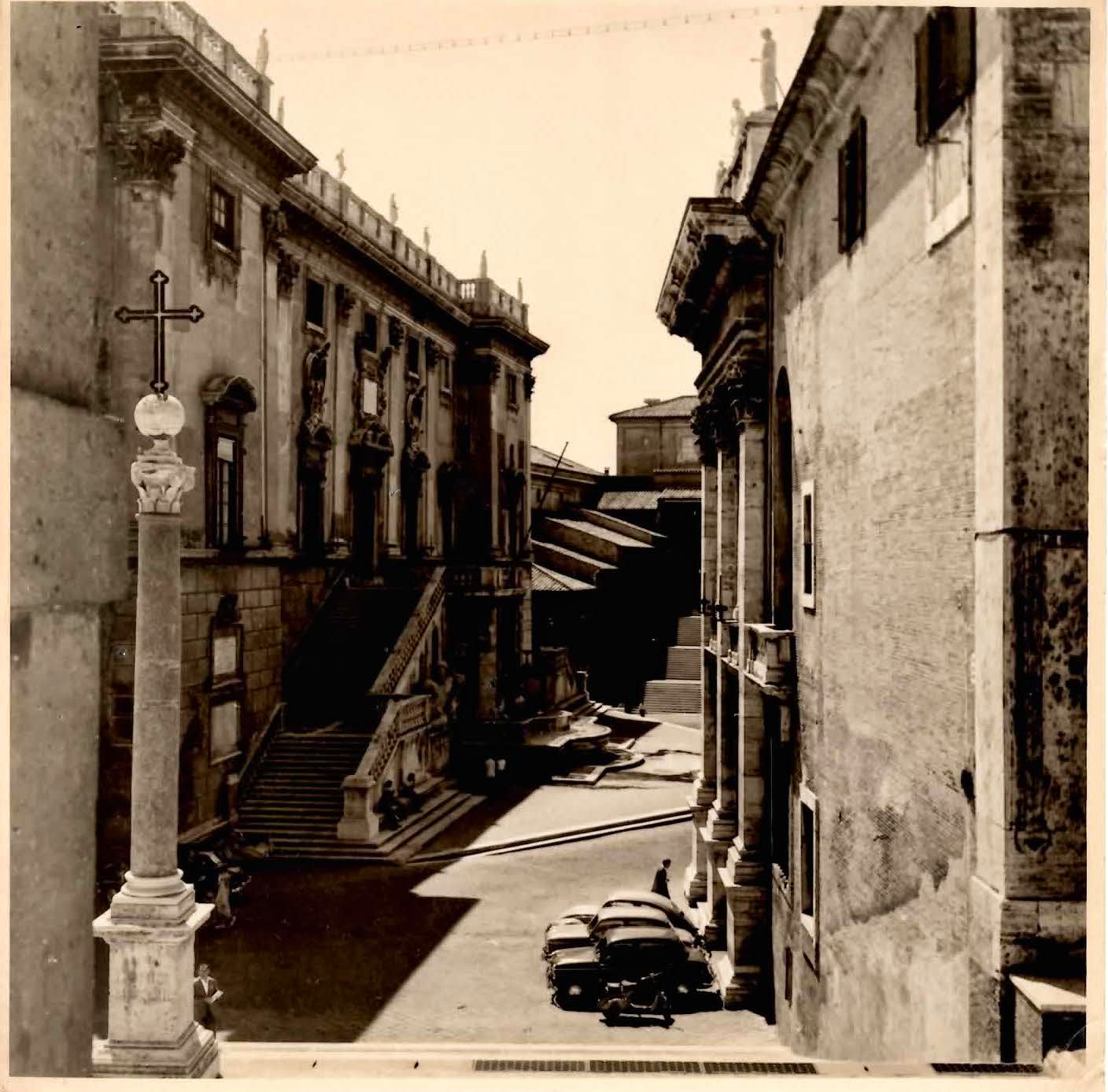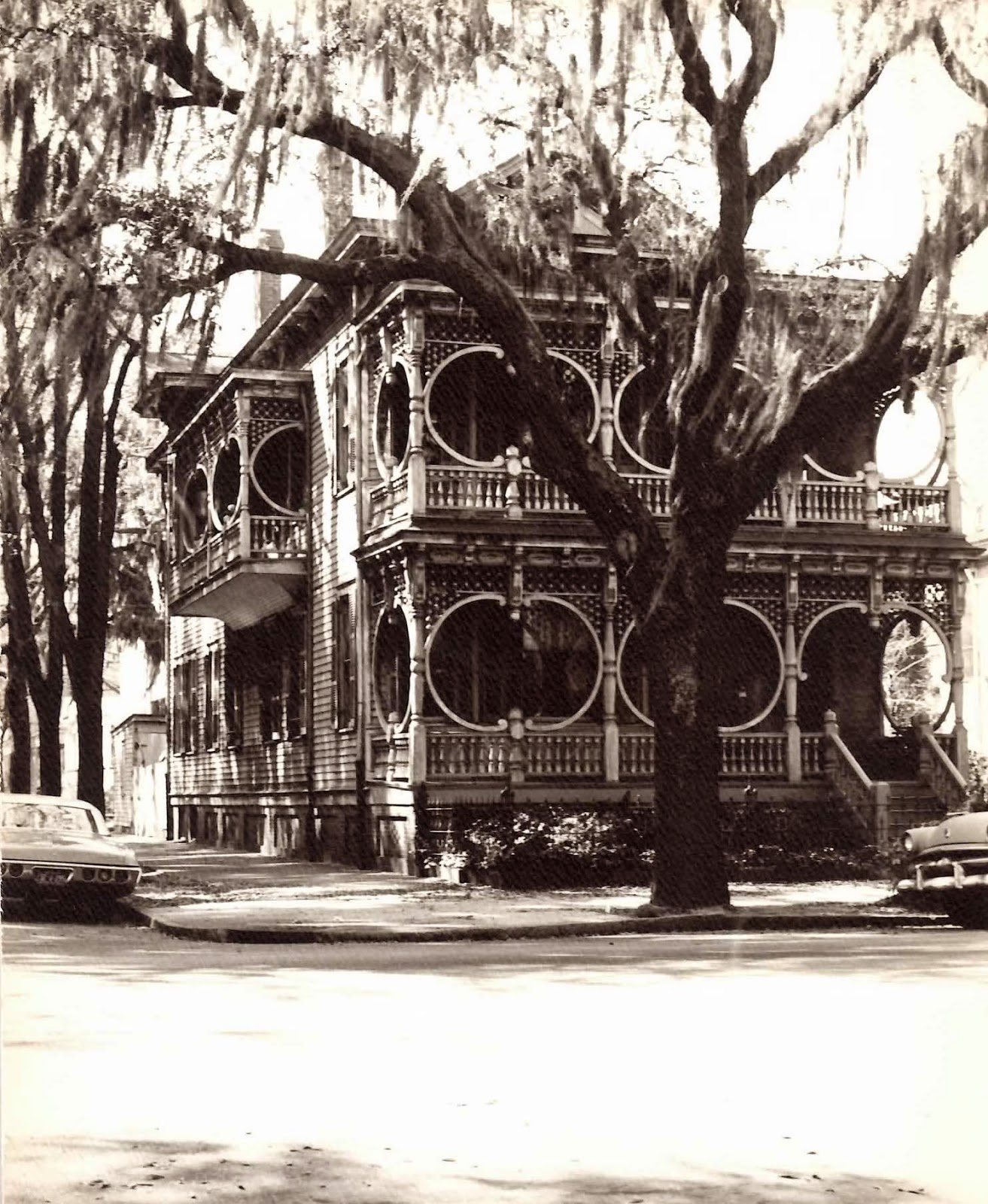Like the mountain hyacinth, the purple flower
That the shepherds trample to the ground…
Sappho’s
voice must have been beautiful, though we can only guess. Her verse was meant
to be sung, accompanied by the lyre, which looks something like a small, curved
harp. She would have been seated before her audience, with the graceful instrument
poised between her thighs, braced between armpit and breast, while her fingers plucked
and stroked the strings above. How Sappho’s music sounded we will never know, only
that her poetry is known to have made grown men weep.
The muses have filled my life
with delight.
And when I die I shall not be forgotten.
Of
nine volumes written on papyrus scrolls and placed for safekeeping in the great
library of Alexandria, only 250 fragments of Sappho remain. Fewer than 70 of
those contain complete lines and some are just a few words, or just a single
word. We can only imagine such beauty, the way a forensic scientist might be
forced extrapolate a whole face, a whole identity, from a single molar.
Here
now, again, Muses leaving the golden...
The famous poet Sappho lived and died on the Greek island of Lesbos and now to millennia have passed and Lesbos gives us the most famous gravedigger of our time, the translator, Moustafa Dowa. Moustafa had never seen a dead body before he came to
Lesbos. He had moved to Greece to study the classics; he knew Cairo, he knew
Athens, he knew three languages, but he did not know death.
The moon is down.
The Pleiades. Midnight.
The hours flow on,
I lie, alone.
In Lesbos,
he had planned to be of service as a translator for the thousands of Syrians,
Afghans, and Iraqis, who cross the Aegean Sea from Turkey, crowding into open
boats and rubber dinghies, risking their lives on the turbulent water for a chance to reach safety.
Like the sweet apple reddening high on a branch
High on the highest, the apple pickers forgot—
Or not forgotten, but one they couldn’t reach…
Before long, Moustafa sees the truth: the dead here need more
help than the living. Moustafa brings a man to the morgue to help identify his
sister. Forty-five bodies are stacked in a refrigerator, men and women
together, some are naked. The morgue is full, the cemetery is full, and the
dead keep coming. Some are carried to shore by survivors, others wash ashore
battered by the rocks, disfigured by the sea, dismembered, without names.
Of all the stars, the loveliest…
The town discusses the situation and Moustafa is given an
olive grove. He digs the graves and teaches himself how to prepare the bodies for a proper Islamic burial.
I did 57 funerals in seven days. In one day I did 11.
Moustafa buries a
three-year-old boy alongside his brother and their parents after their boat
capsizes. The child’s name is Adam Abu Jazar. He buries a small, headless girl
who can’t be more than a year old; Moustafa crouches in the grave with her for a
few minutes, unable to move. Her grave marker bears the inscription, Unknown, followed by the coroner’s file
number, the date she washed ashore, and her presumed age.
Hesperus, you bring back again
What the dawn light scatters,
Bringing the sheep: bringing the kid
Bringing the little child back to its mother.
One day there is just a
foot, the foot of a 30-year-old man. On a white table, Moustafa
ritually bathes the foot as he would the whole body, from right to left, top to
bottom, three times. Usually family members perform this ritual.
Bismillah. In the name of Allah, the most Gracious, the most
Merciful.
Moustafa binds the foot in a white shroud.
Allahu Akbar. God is great.
He
buries the foot, without a casket, facing the olive trees and, further away, Mecca. Moustafa offers his prayer as all Muslims do, in song.
Allah, forgive our living and our dead, those present among us
and those absent, our young and our old, our men and our women…




















































































